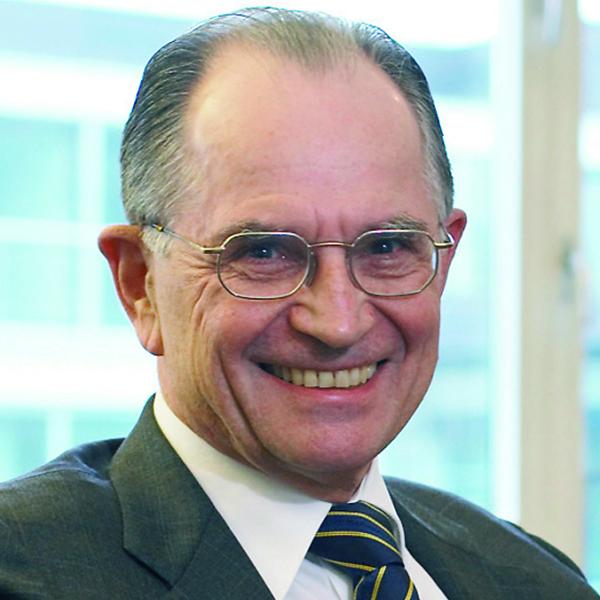Ousted
Abstract
Founder-CEOs may hold power in a corporation in myriad ways: through managerial control, designating seats on the board, or holding significant voting power, which can be amplified by dual-class structures with superior voting rights. The debate on control mechanisms such as dual and multi-class stock structures, as well as concomitant concerns about the cult of founder-CEOs and their grip on managerial power, have been a central theme of corporate law and governance in an era of “founder-friendly” startup governance and tech company dominance of markets. Amid the twists and turns of this debate, we observe that a small but important point is missing: a substantial number of founder-CEOs have been ousted—forced or pushed to step down from the CEO role despite maintaining important indicia of control that, according to prevailing theory, empowers them to withstand such pressures.
We argue that a variety of countervailing forces and factors can work to limit the durability of a founder-CEO’s power and may ultimately lead to their resignation under pressure even though they may hold significant or even controlling voting power. Among these forces are performance problems or poor financial position of the company or its stock value, legal concerns, employee and public pressure, as well as personal motivations and struggles. A founder-CEO who faces strong opposition and adverse effects on the company’s performance is often better off stepping down than attempting to maintain managerial control. Further, we explore the limits of these forces on powerful founder-CEOs—they can only do so much to serve as guardrails against voting control and they exist in a particular moment. Ousting can be temporary and founder-CEOs can find their way back to the throne or see a rebirth in new ventures. Finally, we examine how the appreciation of these forces and their limits can shed new light on why public investors might be willing to accept multi-class structures in venture-backed startup IPOs.






